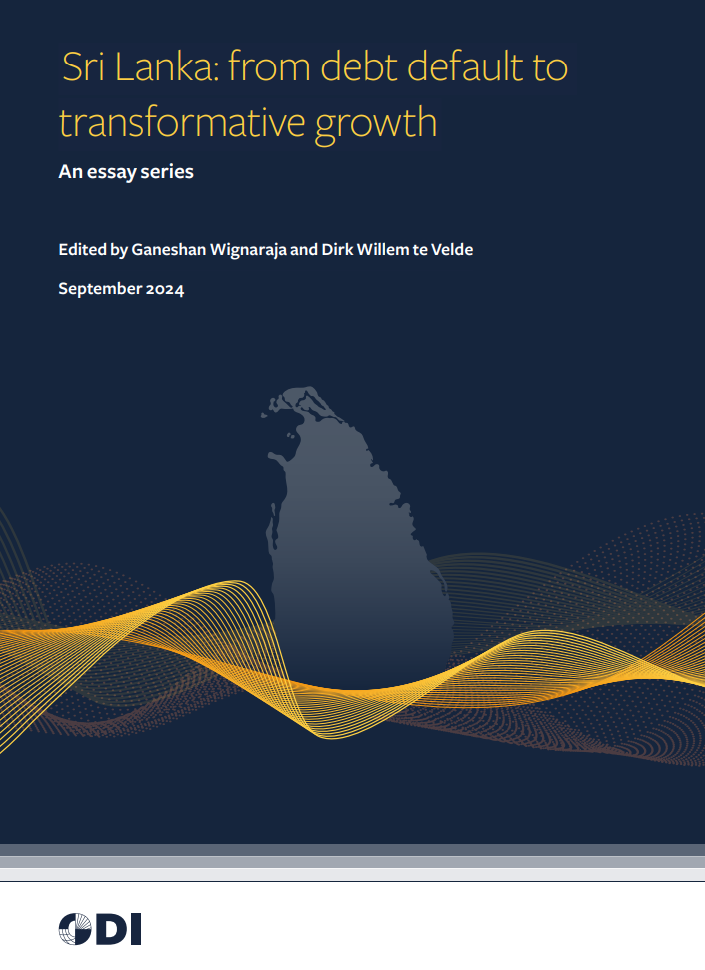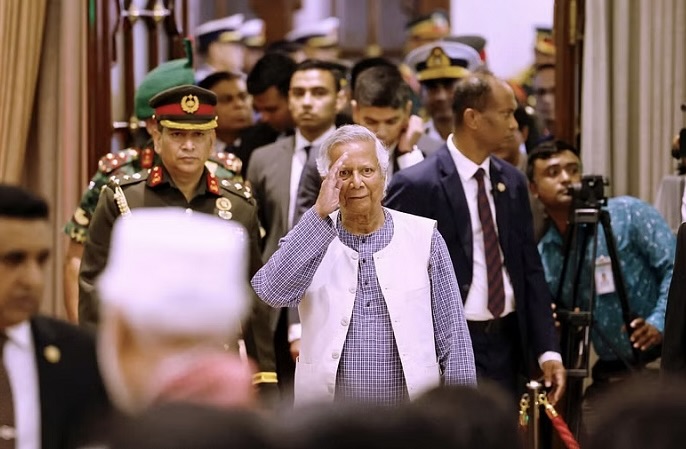Sri Lanka: from debt default to transformative growth
Sri Lanka’s sovereign debt default in 2022 triggered the worst economic crisis in the country’s post-independence history. By mid-2024, the economy started showing signs of recovery, with a performance higher than other debt-defaulting nations and exceeded IMF expectations. The current stable path, however, is not enough. Sri Lanka needs to shift its economic trajectory from one of debt distress to sustained growth over the next few years.










